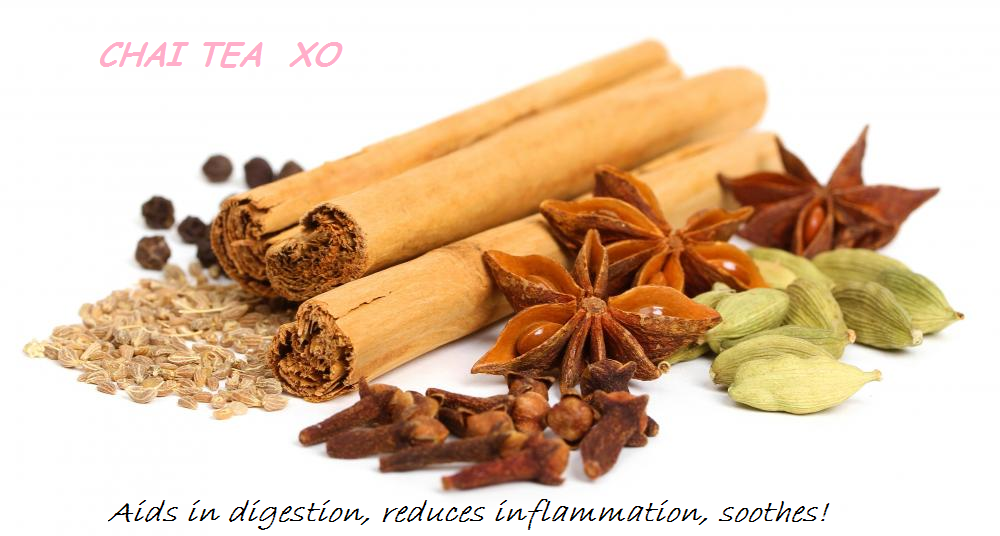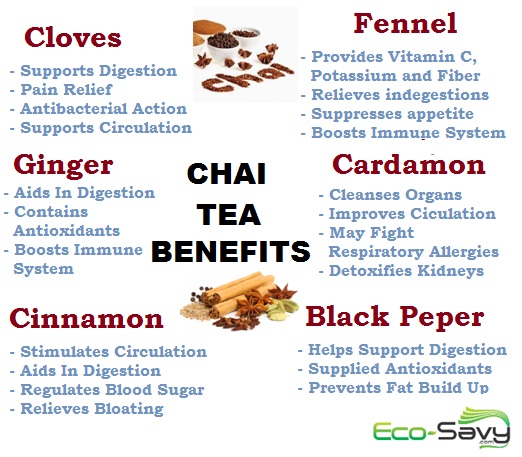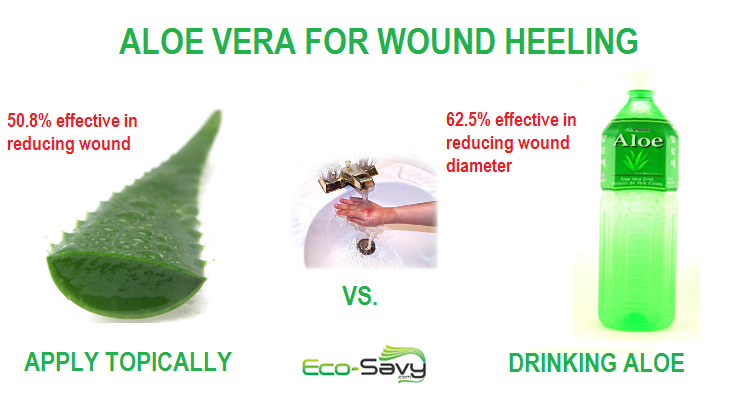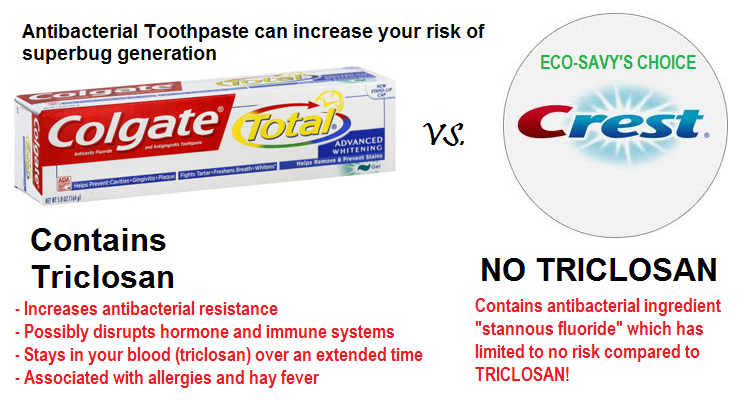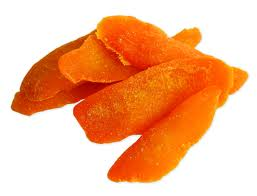Category Archives: Health
Is Chai Tea Good For You?
So many people’s favourite tea is the “chai latte” from Starbucks, but is chai tea really good for you? Well, obviously not the latté syrup but regular chai tea (from a tea bag) IS VERY GOOD FOR YOU!
Chai tea is essentially black tea but with additional spices/ herbs and milk. What many do not know though, is that black tea is very good for you… and with the added benefits of the spices in chai tea, it makes for a very healthy tea! If you want to read more about the health benefits of black tea, refer to our earlier article here.
Black Tea Benefits
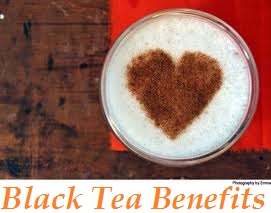
Overall, black tea is rich in antioxidants, after all, it’s a cousin of green tea- specifically catechins and polyphenols. Antioxidants prevent free radical formation and cellular damage. If you read Eco-Savy’s article on Black Tea Health Benefits, we even referenced study that correlated women drinking black tea to a lower risks of ovarian cancer. Furthermore, black tea lowers cholesterol and is thus good for the heart.
Chai Tea Health Benefits
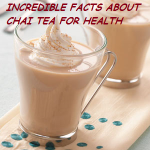 On top of the black tea ingredients in Chai tea, there are a series of series of spices, which are also very good for you. These spices include ginger, cloves, fennel seeds, allspice, cardamom and black pepper. Overall these spices help stimulate and support digestion, calm the stomach and combat nausea and diarrhea. Chai tea’s herbs also help with reducing inflammation in the body (i.e. the ginger does this). Also, an added bonus is that chai tea has less caffeine than coffee! Having chai instead of coffee provides health benefits and satisfies the taste buds.
On top of the black tea ingredients in Chai tea, there are a series of series of spices, which are also very good for you. These spices include ginger, cloves, fennel seeds, allspice, cardamom and black pepper. Overall these spices help stimulate and support digestion, calm the stomach and combat nausea and diarrhea. Chai tea’s herbs also help with reducing inflammation in the body (i.e. the ginger does this). Also, an added bonus is that chai tea has less caffeine than coffee! Having chai instead of coffee provides health benefits and satisfies the taste buds.
Below you will find an infographic of the benefits of chai tea’s spices for your health.
Aloe Vera Uses – Wound Healing
Aloe Vera uses are endless, however one of the more well known uses is for wound healing. What many do not know is that Aloe Vera is just as effective for wound healing when taken orally as when applied topically. For example, one scientist found that when mice drank Aloe Vera (100mg/kg/day) for 2 months, compared to those that did not (just had water), their wound diameters were reduced by 62.5%! On the contrary, when mice applied Aloe Vera topically (25% w/v concentration) in a Eucerin cream, they experienced a reduction in wound diameter by only 50.8%. That’s an 11.7% difference!
Triclosan Toothpaste
Seems like every product on the market today has an “antibacterial” claim, as if we are all trying to fight the flu (or a runny nose) like the plague. However, did you ever think these antibacterial chemicals were being put in your toothpaste?! I sure didn’t!
What Is Triclosan?
What makes a product “antibacterial” is the active ingredient called triclosan. Triclosan can often be referred to as “Mircoban” (tradename). Considering the extent to which it is being use today (antibacterial liquid soap bars, toot pastes, deodorants and moisturizers) it can be problematic. I mean it is even in towels and hair accessories!
Why does everything in our culture have to be in such excess? I wish there was an extent (percentage) to the amount of products these chemicals could be allowed in our products.
Why Is Triclosan Harmful?
According to Health Canada, “anti-bacterial soaps/toothpastes are not recommended because they destroy good bacteria as well as bad, and can add to the problem of “antibiotic resistance.” Translation: they breed superbugs. Also it is important to note that colds and the flu are caused by viruses and antibacterial’s don’t work on viruses! In a nutshell, the main reason why we are washing with antibacterial soaps come cold/flu season is, simply, MARKETING.
Triclosan in Toothpaste
Many of you are concerned about triclosan in your toothpaste. It has been put in only certain toothpastes (*cough*, *cough* – Colgate Total Toothpaste). The main reason triclosan is there is to fight plaque, however scientist find that triclosan only offers minimal plaque inhibitory properties. However, there are other toothpastes out there like Crest Pro Health which have other antibacterial ingredients (i.e stannous fluoride), which are just as good as triclosan but don’t increase your risk of antibacterial resistance.
Triclosan Banned In Europe – But Not USA or CAN
The European Union and other countries have banned or restricted triclosan. Still, the federal Food and Drug Administration (FDA) says it is investigating the health issues, but doesn’t yet have enough evidence to recommend changing consumer use of products that contain triclosan.
At the same time, the FDA says it has no proof that washing with soap containing triclosan is actually better than washing with regular soap. The FDA advises that if you are concerned about using hand and body soaps with triclosan, you should wash with regular soap. To get the same effect, just wash your hands for 20 seconds (pretty simple solution -without all the chemicals).
Triclosan In Our Bodies
As a result of Health Canada and the FDA, not banning triclosan the level in our bodies are rising. For example, since 2004 the level of antibacterial triclosan coursing through our bodies has jumped by 50%.
Progress In Canada To Ban Triclosan
Fortunately, in 2009, none other than the Canadian Medical Association asked the feds to ban it from consumer products and a decision should be made soon.
So until triclosan is banned from your toothpaste and antibacterial products, try to limit your use and opt for a healthier option (i.e. regular soap, natural toothpaste or crest).
Alternative Options To Triclosan Toothpaste
Have no fear! You can buy toothpaste without triclosan (note: Nature’s Emporium – refer to link at top of blog, has a variety of options you can choose from). Regular Colgate doesn’t have it, but Colgate Total toothpaste does, and Tom’s of Maine sells many triclosan-free options. Crest Pro-Health toothpaste contains another antibacterial, stannous fluoride, also to help protect against gingivitis.
To learn more about triclosan in dish soap, refer to an earlier article. Also, here is what the FDA has to say about triclosan.
Natural Ways To Fight Sugar Cravings
Eco-Savy received quite a lot of mail recently asking us about natural foods to help with sugar cravings. Don’t get us wrong, we looovve our chocolate, but now and again it is important to re-evaluate our “snack foods” and help control our blood sugar levels with great snacks.
Here are some of the great things Eco-Savy recommends:
1. Try sprinkling some cinnamon (1-2 tea spoons) on your toast in the morning or in your yogurt. Cinnamon is great for controlling blood sugar and preventing those intense sugar cravings.
2. Take a cinnamon supplement about 30 minutes before dinner with a BIG glass of water (this really works wonders for me personally). This way, after dinner when all of your carbs are digesting, you won’t get that blood sugar spike and craving for sweets.
3. Dried Mango Slices– These are great because often you have to eat a lot of them to get just consume 150 calories. Also, they have much less sugar than the traditional chocolate bar or other sweet. It terms of nutrients, although not extremely high in minerals, dried mango contains small amounts of iron–2 % of daily value–and calcium–4% Iron is important for oxygen transport in the blood, while calcium helps maintain bone strength and density. Dried mango is also good source of Vitamin A – 20 percent of daily value–which plays a key role in cell metabolism. Unlike regular mango, dried mango does not contain high amounts of Vitamin C–only 2 percent of daily value). High amounts of water-soluble vitamins like Vitamin C are lost during the drying process.
4. Rice Cakes – We love rice cakes! Rice cakes definitely fill that void for snacking and making you feel full because your are crunching them for a long time and they aren’t made from refined sugars that would spike your blood sugar (i.e. they aren’t wheat based)
5. If you are a chocoholic like us, we highly recommend switching the “milk chocolate” kind (high in sugar = more addicting) with a dark chocolate. Yes, dark chocolate is a bit bitter, so why not try one that has sweet coconut shavings in it?
Are You A Sugar Addict? Are You In Dire Need of A Sugar Detox? Click Here!



